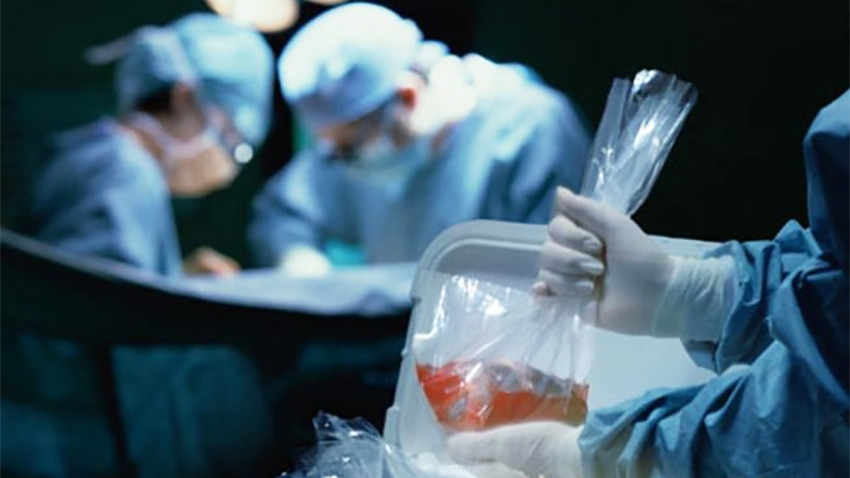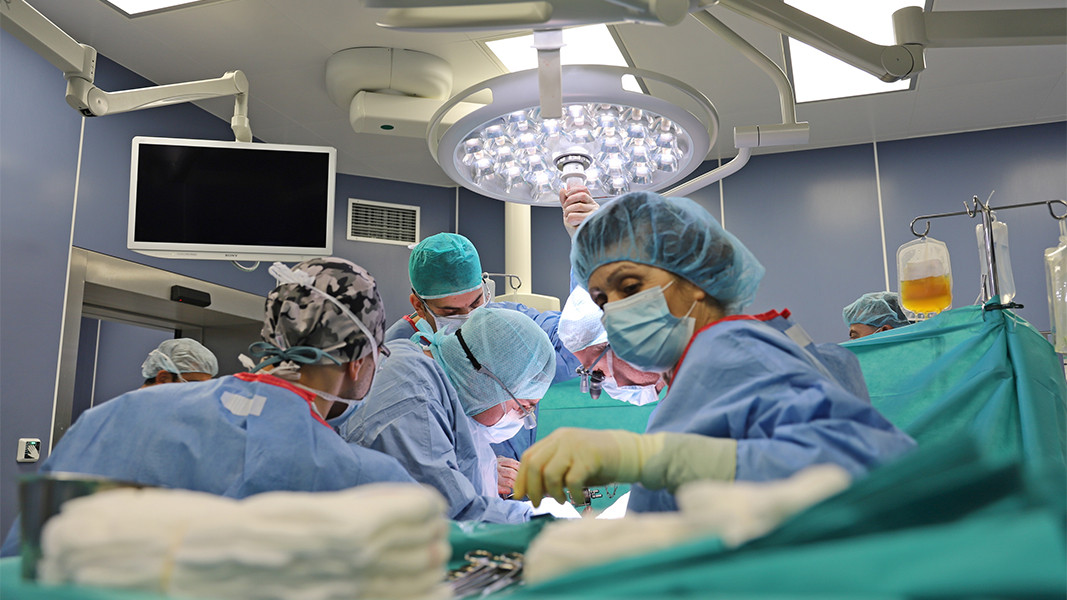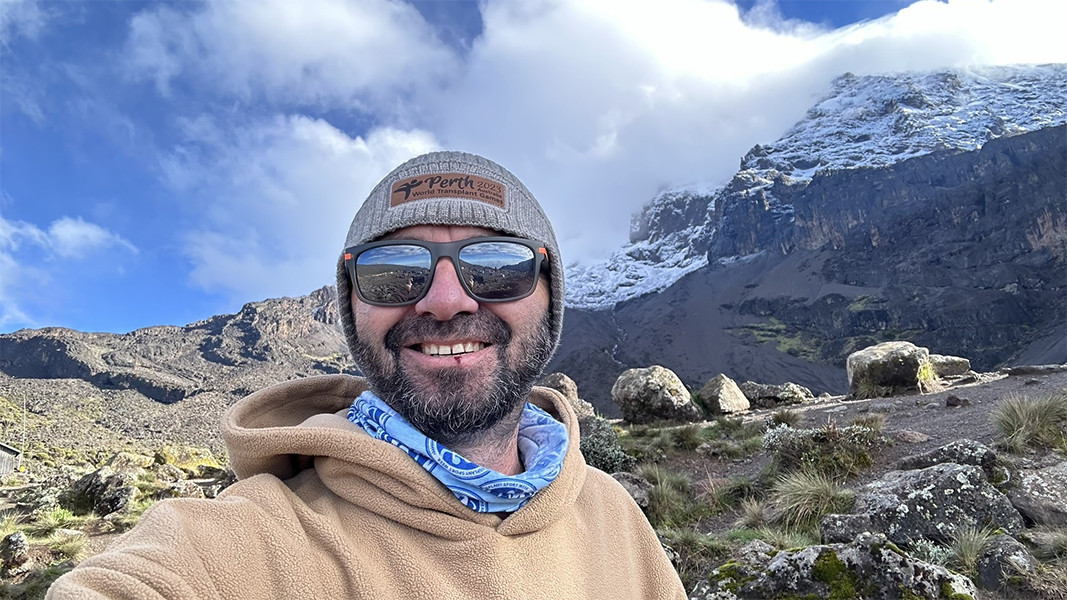Organ transplantation and assisted reproduction are two of the biggest achievements of modern medicine. Thanks to the transplantation of organs, tissues and cells, the lives of 1,921 people have been saved in Bulgaria since 2005. Assisted reproduction has helped thousands of families in the country have healthy and happy children. Heart, kidney and liver transplant surgery is performed in the hospitals in this country, as well as cell, bone, tendon, cornea and amniotic membrane (the innermost membrane of the fetal placenta) transplants, show data from the website of the Ministry of Health’s Executive Agency “Medical supervision”.
Current data regarding the number of people in need of an organ transplant as of 3 January, 2024 shows that the waiting list is longest for a new kidney – 787, a new liver – 16, a heart – 28, and 6 are waiting for a lung transplant. 
As a result of an organ donation situation on the last day of 2023, one heart and two kidney transplants were performed at the general hospitals Lozenets and St. Catherine in Sofia. Now, the transplantees aged 37, 56 and 68 are in stable condition and remain under observation in the intensive care units of the hospitals. And even though for the families of the donors the decision they have to make at such a difficult time in their lives is excruciating, the idea of saving lives helps them in the choice they make.
Georgi Peev from Haskovo, who has had a heart and a kidney transplant owes his life to just such a life-saving gesture. With the active life he is leading and his endeavours today, he aims to encourage more people in Bulgaria to have no hesitation and, if they can, to give life a chance.
“My personal cause is for there to be more transplants in Bulgaria and more human lives saved. People shouldn’t die, they should be given the chance of making their dreams come true, making their families happy and living a full life in every sense of the word,” says Georgi Peev in an interview with the BNR’s correspondent in Haskovo Dora Atanasova.
Georgi says it is his goal to prove, every day, that transplant patients can lead an active and meaningful life. That is what led him to become the first transplantee to have climbed the highest peak in Africa – Uhuru in Kilimanjaro. 
Despite the challenges – the long trek at such a high altitude, Georgi says his heart and his kidney functioned normally, and that he did not suffer acute altitude sickness. He admits he did feel pain in his legs and arms but that he believes in the saying “no pain, no gain”.
When you are so high up and so close to the sky, it is probably a normal thing to be thinking of God and be thankful for achieving your goal. But Georgi says his feelings at that moment were different:
“I have a different kind of connection with God. I don’t go to church much and I am not much of a believer. At the same time, I do believe I carry faith in my soul and when I go through hardship I usually apologize to God but I have never asked myself whether he is closer when I am up there,” Georgi says, and adds that he feels each day is a celebration:
“Every day I try to be a better person because the way my life has unfolded I feel obliged to make every day a celebration. A celebration of life.”
Georgi Peev’s story shows that however strong your immune system may be, you can still fall ill and that can be life-changing. Georgi was no longer feeling unwell and he quickly went back to his usual routine. But three months later, the young man’s kidneys failed. And it turned out it was the “minor” viral infection he had had that led to severe kidney disease. He started dialysis treatment, but doctors told him a kidney transplant was the only thing that could save his life. Without wasting any time, Georgi’s mother took a test that showed she was a good match as a donor. On 8 October, 2012 Georgi was admitted to Alexandrovska hospital and the surgery was scheduled for the following day. But the operation was postponed as the doctors identified another problem – a serious heart condition. He was diagnosed with viral dilated cardiomyopathy and told he needed a heart transplant. In 2013 the young man was told there was a suitable donor and the transplant had to take place right away. Two years later, the postponed kidney transplant was performed as well, and now Georgi lives a full life and has a new mission – to be an inspiration for the gift of life.
More:
Interview by BNR’s correspondent in Haskovo Dora Atanasova
Text by Yoan Kolev
Translated and posted by Milena Daynova
Photos: zajivot.bg, BGNES, Pixabay, facebook.com/GeorgiKPeev
Two graduates of the Bulgarian School "Saints Cyril and Methodius" in Jordan presented their achievements at an event at their school "Hadi al Muhammadi" in Amman. The photo, published on the Bulgarian school's Facebook page , shows third graders..
Radmila Sekerinska from North Macedonia appointed NATO Deputy Secretary General NATO Secretary General Mark Rutte has appointed Radmila Sekerinska from North Macedonia as the next NATO Deputy Secretary General. “I am happy to announce..
The traditional Bulgarian Christmas picnic, organized by the Bulgarian Cultural and Social Association "Rodina - Sydney" and the Bulgarian School "Dr. Petar Beron", will take place on December 8 , 2024 in St. Leonards Park in Sydney. "We have..
For the 30th consecutive year, the Bulgarian Posts organize a contest for the most beautiful letter to Santa Claus. Letters must be sent by 18..

+359 2 9336 661
